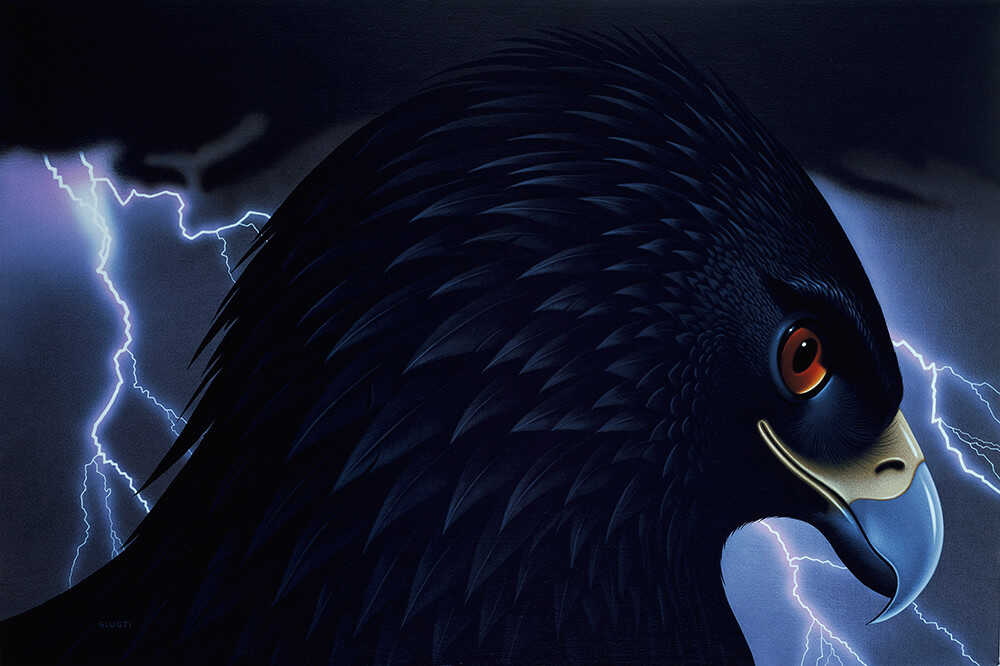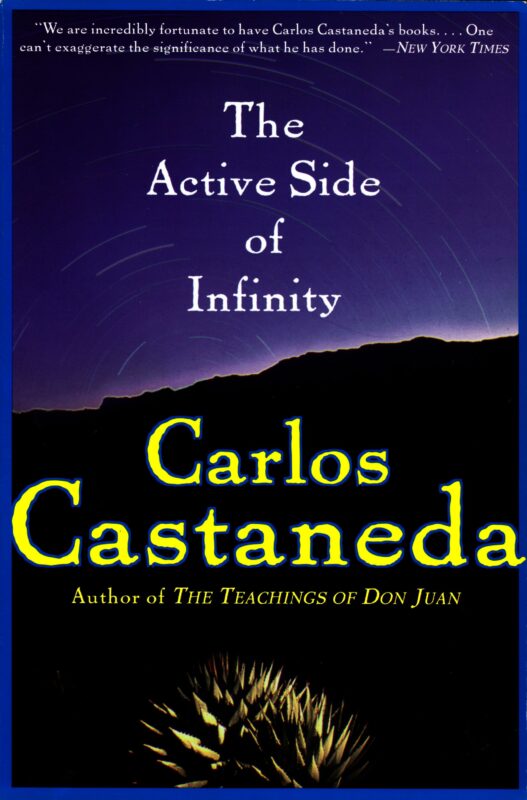The Eagle’s Gift – Quasi Memories of The Other Self
In this chapter, Castaneda, urged by the apprentices, recounts his personal *dreaming* experiences, including his recurring visions of a saber-toothed tiger, which la Gorda identifies as a dangerous form of “ghost dreaming.” The focus then shifts dramatically when Josefina reveals that she regularly meets with the departed apprentice, Eligio, in her own dreams. Eligio’s mysterious message is that Castaneda is indeed the Nagual but is “not for them” and that he must “remember his left side” to fulfill his role. The situation intensifies as Nestor, Benigno, and Lydia also begin to surface strange “quasi-memories” of Castaneda teaching them things in a past they cannot logically place, causing Castaneda to have a visceral, uncontrollable physical reaction to the bewildering convergence of their other-worldly experiences.
The Eagle’s Gift – Quasi Memories of The Other Self Read More »

